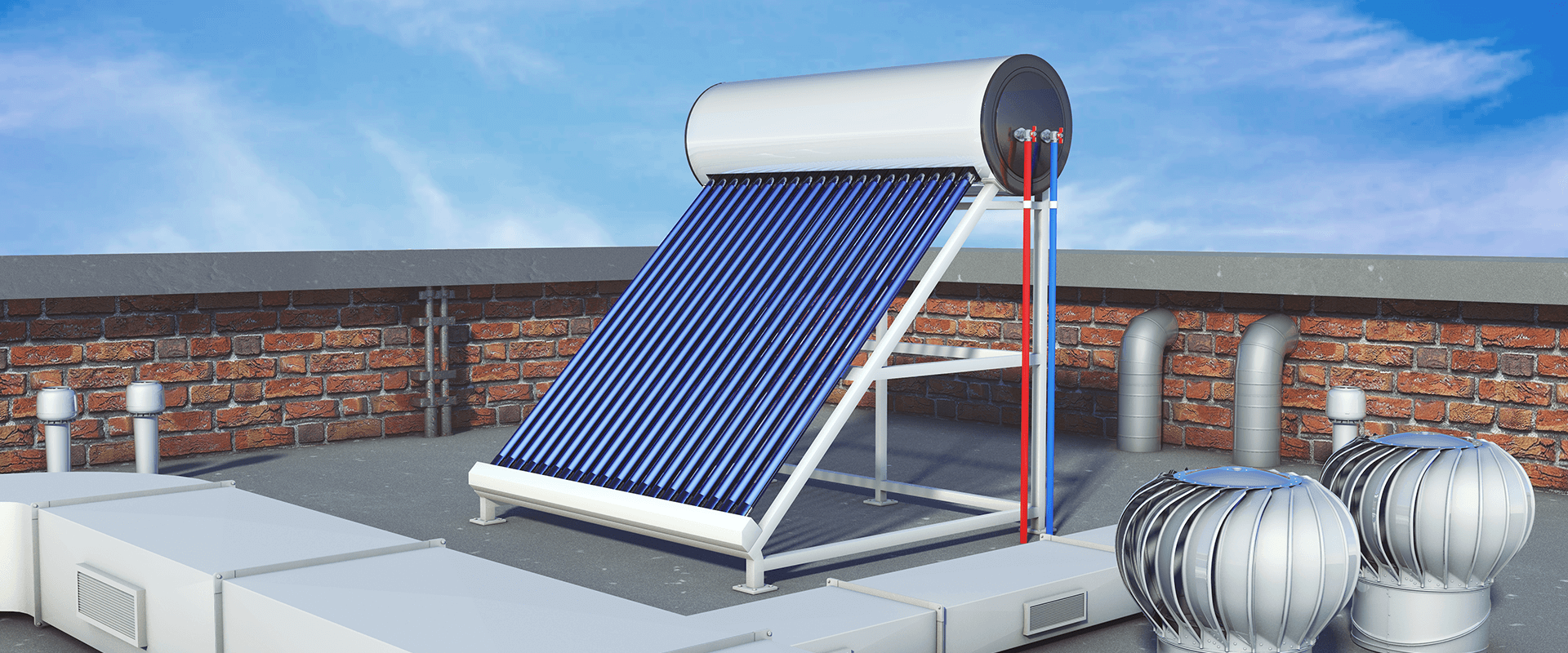With rising energy costs and a growing focus on sustainability, many homeowners and businesses are turning to solar water heaters as an eco-friendly alternative to traditional water heating systems. But what exactly is a solar water heater, and how does it work? Let’s break it down.
What is a Solar Water Heater?
A solar water heater is a system that uses the sun’s energy to heat water for domestic, commercial, or industrial use. Unlike conventional water heaters that rely on electricity or gas, solar water heaters harness natural sunlight—making them cost-effective and environmentally friendly.
How Does a Solar Water Heater Work?
The basic principle behind a solar water heater is quite simple: absorb sunlight → convert it into heat → use it to heat water. Here’s how it works in steps:
1. Solar Collectors Capture Sunlight
The system includes solar collectors—usually flat panels or evacuated tubes—installed on rooftops or open areas where they can get maximum sunlight. These collectors absorb solar radiation and convert it into heat.
2. Water Gets Heated
The collected heat is transferred to the water flowing through pipes inside or near the collector. Depending on the system, the water may circulate naturally (thermosiphon) or be pumped (active system).
3. Storage Tank Keeps the Hot Water
The heated water is stored in an insulated tank to keep it warm until needed. Some systems include backup electric or gas heaters for cloudy days or high-demand times.
Types of Solar Water Heaters
- Active Systems – Use electric pumps to circulate water.
- Passive Systems – Rely on gravity and natural convection; simpler and more reliable.
Benefits of Solar Water Heaters
- 🌱 Eco-Friendly – Reduce carbon footprint.
- 💸 Cost Savings – Lower energy bills over time.
- 🔧 Low Maintenance – Durable and reliable with minimal upkeep.
- ☀️ Energy Independence – Utilize free energy from the sun!
Final Thoughts
A solar water heater is a smart investment for anyone looking to save money, reduce their environmental impact, and make use of renewable energy. Whether you live in a sunny climate or want to cut down on your utility bills, this sustainable solution is worth considering.

Leave a Reply